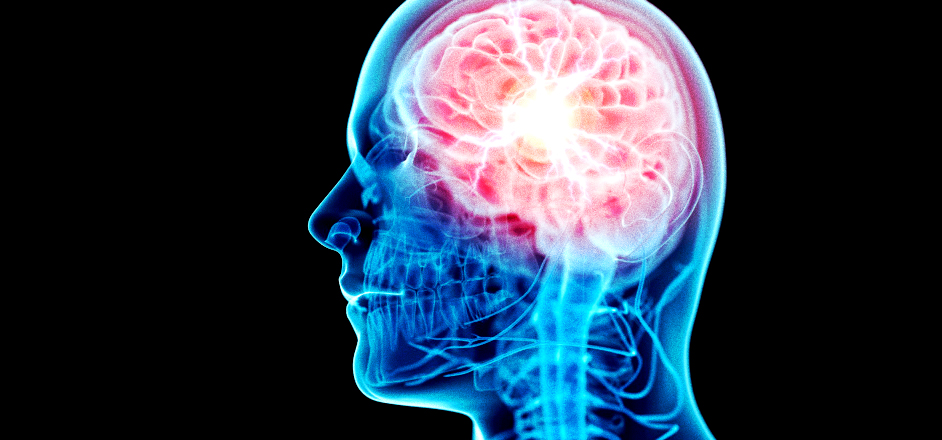Many years ago, academics studied psychedelic drugs with tremendous enthusiasm. In the ‘50s and early ‘60s, the reputation of LSD in psychotherapy was that it could potentially be a miracle drug; for in the right dose and context, it consistently aided patients suffering from various mental diseases, including addiction, depression and anxiety.
President Nixon, however, put a stop to that after making most psychedelics illegal. And it wouldn’t be until recently previous findings would mean something again. Like in a newly published psychedelic study of note (revealed last month by researchers at the University of California, Davis), which demonstrates numerous psychedelics alter the physical structure of neurons of rats and fruit flies — something that promotes positive growth of nerve cell structures.
In short, the study shows drugs like LSD, MDMA and DMT can promote a “rebuilding” of the brain — with the ability to cure us of some pretty horrible emotional/mental afflictions. )Who knows, maybe they’d even help us lower that ever-climbing suicide rate, too.)
In humans, mental diseases prevent cellular communication channels from operating optimally. Past studies have shown a connection between emotional and mood disorders (including depression and anxiety) and abnormal functioning of neurons in the brain — specifically, in the prefrontal cortex (PFC), the region believed to regulate emotions.
This abnormal functioning in the PFC manifests as “atrophy of neurons,” “loss of dendritic spines,” and “elimination of synapses,” says the study's authors.
So, if the cellular behavior is replicated in human neurons (as it was found in rats and fruit flies in the study), then we'd have fairly strong data to de-schedule psychedelics — as we may cannabis — in the near future. Or at least create better medications based off of psychedelic structures.
Other studies have shown ketamine acts in similar ways on cells, too. In fact, the UC Davis researchers used ketamine studies as a jumping off point, and their results suggest psychedelic therapeutic possibilities “comparable to or greater than” those of ketamine.
Even if you’re still skeptical, let’s observe something undeniable to this paradigm: Cells can regrow, and psychedelics enhance their growth. That’s pretty amazing.
The researchers also present their results with an emphatic claim: “Nearly all psychedelic compounds tested were capable of robustly promoting neuritogenesis.” Not just promoting. Robustly promoting. These results are so astounding, scientists have to use evocative adverbs!
For those living your days in existential agony, abated mildly by some SSRI whose terrible side effects have sucked you in to a seeming point of no return: There is hope yet. Research is happening, and each finding is opening new gateways of cognitive possibility.
Only top-tier assholes like Nixon would be threatened by people being the happiest, healthiest versions of themselves. Good thing he’s dead.



Leave a Reply
You must be logged in to post a comment.